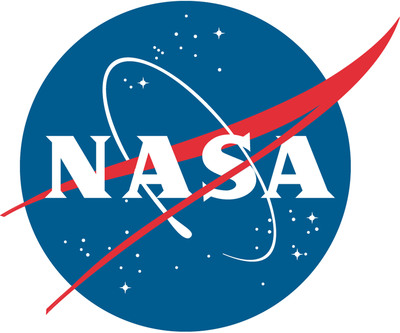
"The Small Business Innovation Research and Small Business Technology Transfer programs enable Marshall to work with industry and academic partners to tackle technological challenges that must be overcome to explore deep into space," said Marshall Center Director Todd May. "Not only do they help NASA and the aerospace industry in conquering technology challenges, they also benefit small business in Alabama and across the nation."
The selected proposals will support the development of technologies in the areas of aeronautics, human space exploration and operations, science, and space technology. Awards from Marshall cover a breadth of research and development needs, including projects focused on developing stronger and more durable additive manufacturing components, high-tech rocket engine nozzles, novel spacecraft design modeling, visualization and assessment software, low cost reaction control systems for small satellites, and more.
Proposals were selected according to their technical merit and feasibility, in addition to the experience, qualifications and facilities of the submitting organization. Additional criteria included effectiveness of the work plan and commercial potential.
The SBIR Phase I contracts last for six months and STTR Phase I contracts last for 13 months, both with a maximum funding of $125,000. Phase I work and results provide a sound basis for the continued development, demonstration and delivery of the proposed innovation in Phase II and follow-on efforts. Phase III is the commercialization of innovative technologies, products and services resulting from either a Phase I or Phase II contract.
The SBIR and STTR programs encourage small businesses and research institutions to develop innovative ideas that meet the specific research and development needs of the federal government. The programs are intended to stimulate technological innovation in the private sector, increase the commercial application of research results, and encourage participation of socially and economically disadvantaged persons and women-owned small businesses. Since the 1970s, small businesses have created approximately 55 percent of all jobs in the United States.
The SBIR and STTR programs are managed for NASA's Space Technology Mission Directorate by NASA's Ames Research Center in California's Silicon Valley. STMD is responsible for developing the cross-cutting, pioneering new technologies and capabilities needed by the agency to achieve its current and future missions.
For more information about the SBIR/STTR program, including the selection list, visit:
https://sbir.nasa.gov/
For more information about NASA's investment in space technology, visit:
https://www.nasa.gov/spacetech
![]() View original content with multimedia:
http://www.prnewswire.com/news-releases/nasa-marshall-awards-43-new-small-innovation-and-technology-research-proposals-300685888.html
View original content with multimedia:
http://www.prnewswire.com/news-releases/nasa-marshall-awards-43-new-small-innovation-and-technology-research-proposals-300685888.html
SOURCE NASA
| Contact: |
| Company Name: NASA
Gina Anderson, Headquarters, Washington, 202-358-1160 Email Contact Shannon Ridinger Segovia, NASA Marshall Space Flight Center, 256-544-0034 Email Contact Web: http://www.nasa.gov |
